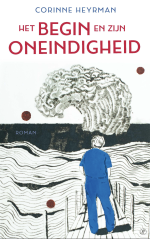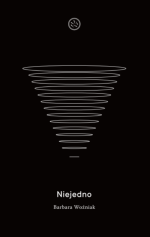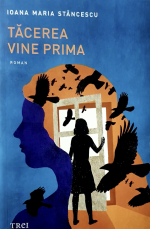View all filters
Clear

Tri!

Початок та його безкінечність

Niejedno
“Najpierw zachwyciłam się językiem. Sprężystym i rozhamowanym. Niejedno musiało zostać tak napisane, choć odnoszę wrażenie, że nikt tak jeszcze nie pisał. Potem przyszła słabość do głównego bohatera. Do specjalisty od społecznych kontekstów chorowania, starzenia się i umierania, który zadaje niewygodne pytania, a mimo to czujemy się przy nim bezpiecznie. Bo pan od eugeniki jest wymagający. Zwłaszcza wobec samego siebie. I w końcu nie mogłam rozstać się z tą historią. Zazdroszczę tym, którzy jej lekturę mają jeszcze przed sobą.”
Mira Marcinów

Ne želim da budem pas

Живи плетове
Sens unic
Je to v pořádku
Gli esseri viventi
Trilogia sexului rătăcitor
Very Important Person

Першою приходить тиша
Pekel

Вівці цілі
Навіть коли здається, що час застигає, а земля зупиняється, приходить зима. Сіріє небо, шелестять висохлі трави, мерехтять гірлянди під гул генераторів — більше для світла, ніж для свята. Люди живуть війну як уміють, роблять свій вибір, як можуть: відпустити чи хай там що, аби свої були цілі? Чи стане серця для любові у темну добу? У засніжених очеретах Дніпра, на спустілих вулицях, що стікаються з пагорбів до траси, у темних хатах, де поріг обсипають маком від нечисті, а душі померлих приходять за Різдвяні столи, Яна переступає через дірку в паркані і вплутується у дилеми, де немає ані правильних запитань, ані відповідей, але є Максим, непевність, любов і вівці.

Pomarańczowe bloki
Smrtholka
Tuje mesto

Nočem biti pes
